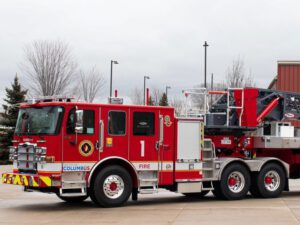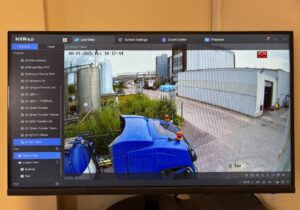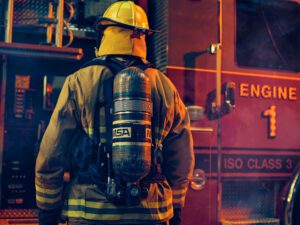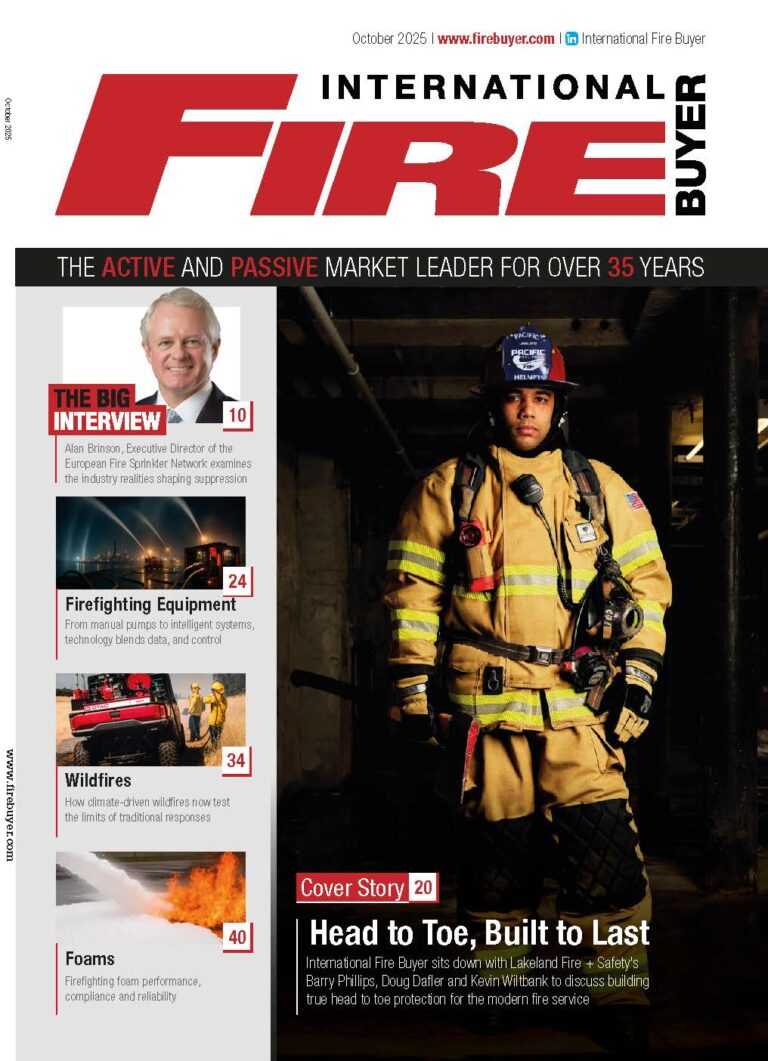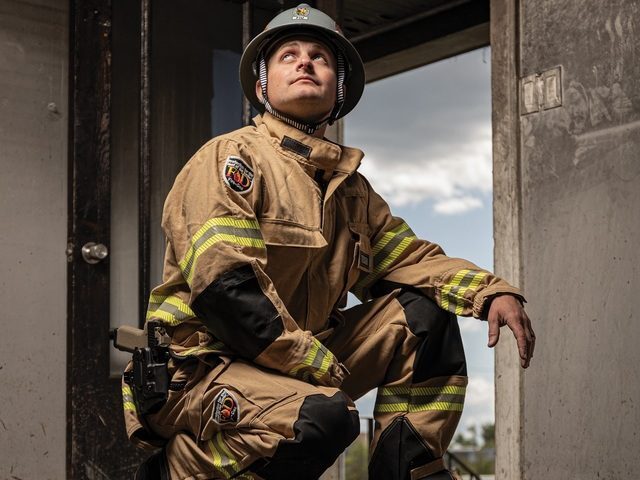The Association for Specialist Fire Protection (ASFP) has introduced Certificates of Attendance across all its passive fire protection training programmes, ensuring participants can now formally document their learning for Continuing Professional Development (CPD) purposes.
This development marks a significant step in ASFP’s commitment to supporting professional competence in the fire protection sector. Effective immediately, any delegate attending an ASFP training course—whether classroom-based or online—will receive a certificate indicating the number of learning hours completed.
These certificates can be used to build a CPD portfolio that meets the expectations of employers, industry accreditation bodies, and professional associations.
The change follows extensive discussions within the industry about how best to evidence professional development, particularly in highly regulated environments where maintaining competence is critical.
By clearly documenting participation and hours, ASFP’s new system enables professionals to demonstrate that their training is aligned with best practices in ongoing education and regulatory compliance.
For classroom-based courses, the breakdown includes 30 hours for Level 2 and 42 hours for Level 3. Online options include shorter but targeted programmes: a one-hour awareness module, a three-hour introduction course, and the Firestopping for Installers (FSFI) module also at three hours.
More advanced online training includes Level 2 content at either eight hours or as single modules of four hours each, and a comprehensive Level 3 programme offering 16 hours of structured learning.
These changes are particularly relevant as the fire safety sector adapts to evolving regulations, heightened awareness of fire risk, and increasing demands for competence and accountability. The inclusion of verified CPD hours adds weight to the value of ASFP training, helping individuals not only develop their skills but also meet formal development requirements across a range of industry frameworks.
By recognising all training contributions—from introductory awareness to advanced technical levels—ASFP ensures that every step of professional learning counts. This shift also reflects wider moves across the built environment and construction sectors to prioritise traceable, standards-based upskilling, especially in areas critical to life safety.
As scrutiny of fire safety practices continues to rise, formal recognition of training participation plays a key role in building public trust and professional credibility. The ASFP’s latest move underscores its leadership in raising the bar for passive fire protection training and ensuring the sector is well equipped to meet today’s complex safety challenges.




